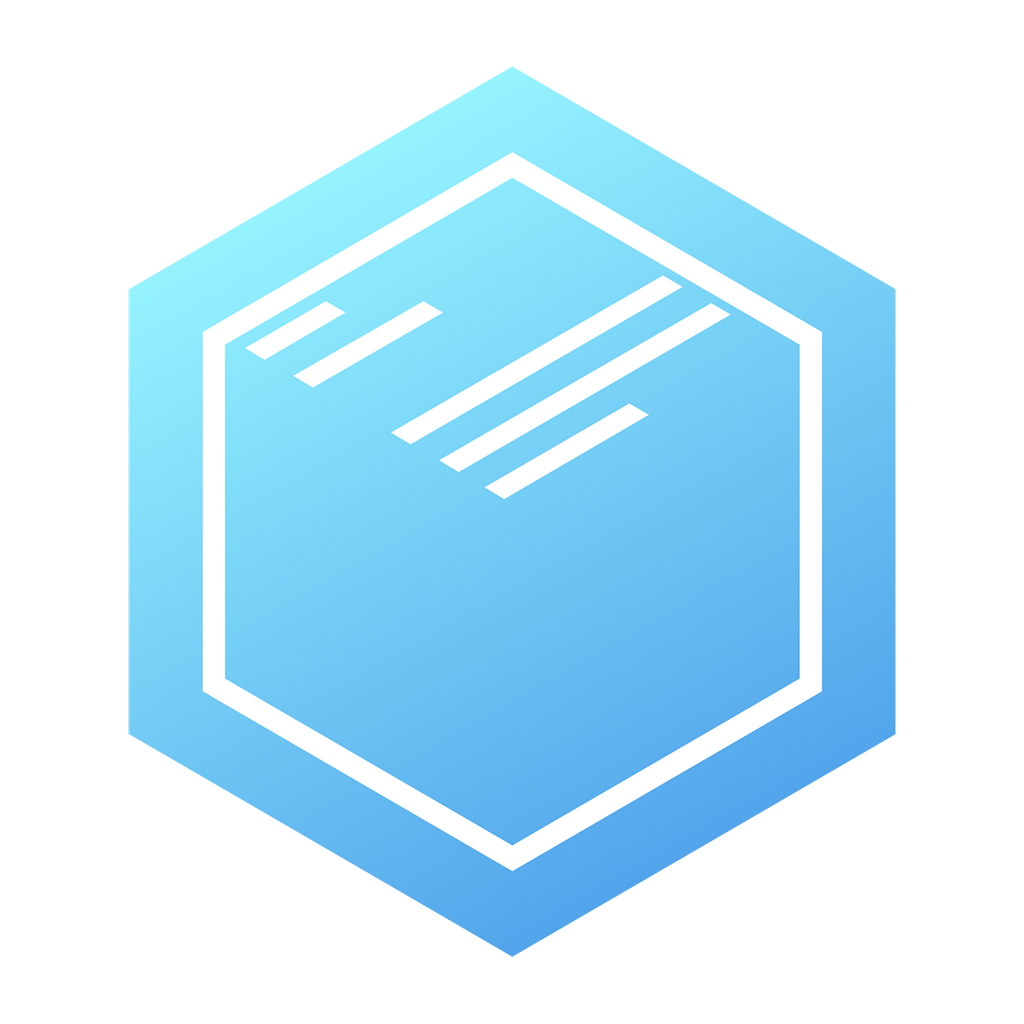Paperwork aims to be an open-source, self-hosted alternative to services like Evernote (R), Microsoft OneNote (R) or Google Keep (R).
Paperwork is written in PHP, utilising the beautiful Laravel 4 framework. It provides a modern web UI, built on top of AngularJS & Bootstrap 3, as well as an open API for third party integration.
For the back-end part a MySQL database stores everything. With such common requirements (Linux, Apache, MySQL, PHP), Paperwork will be able to run not only on dedicated servers, but also on small to mid-size NAS devices (Synology (R), QNAP (R), etc.).
At demo.paperwork.rocks you can actually see the current development status of Paperwork. Every night at 3am (CET) the database is being dropped and newly created, and the latest sources from GitHub are being deployed on the machine.
Feel free to create/modify/delete accounts, notebooks and notes. This demo can be used for heavy playing without regrets. Just try not to take down that thing. :)
First of all, you need to clone this project to your machine. After that, make sure that you have one of the latest PHP versions > 5.1 and an up-to-date "composer" installed. If you're not sure how composer works, please continue reading here: https://getcomposer.org/
Second, you need to switch to the command line: "cd" into the "frontend" directory of your local paperwork clone. There, run "composer install" and/or "composer update". This will install all the needed dependencies.
Now, before you do anything else, please check the files within the frontend/app/config/ directory. Especially the database.php. If you'd like to use the default DB settings (MySQL/MariaDB), you'll just need to have the database server running on port 3306 and create a database named "paperwork". You could use this SQL:
DROP DATABASE IF EXISTS paperwork; CREATE DATABASE IF NOT EXISTS paperwork DEFAULT CHARACTER SET utf8 COLLATE utf8_general_ci;
In addition, you need the "paperwork" user to have full access to this database:
GRANT ALL PRIVILEGES ON paperwork.* TO 'paperwork'@'localhost' IDENTIFIED BY 'paperwork' WITH GRANT OPTION; FLUSH PRIVILEGES;
With these settings, you won't need to modify the database.php configuration file.
After completing these steps, run the migration jobs, that fill the database:
php artisan migrate
If anything here should fail, it's most likely an authentication/connection issue, so check your database setup again.
Now, for the last step, make sure that your webserver has the right to create/modify/delete files within the frontend/app/storage/attachments/, the frontend/app/storage/cache/, the frontend/app/storage/logs/ and the frontend/app/storage/sessions/ folders. Also, be sure to set the document root (docroot) of your webserver to the folder frontend/public/.
That's pretty much it. From here on, you should be able to access your paperwork instance through the web.
Basically you just have to:
fig up
To run the migrations (once):
fig run web php artisan migrate --force
Upgrading to the latest GIT version of Paperwork is fairly easy. Update your local repository running git pull, then cd into the frontend/ directory and run php artisan migrate. In most cases this should work. If you're experiencing issues, you might need to clear the database completely and re-run the initial installation.
The API documentation can be found at docs.paperwork.apiary.io or built using the apiary.apib file from this repository. It's not yet complete and could change at any time!
Developing on Paperwork is fairly easy for anyone who's familiar with Laravel 4. Within frontend/app/ all internal code can be found, including all source LESS and JavaScript files that are being used to generate the output files that lie in frontend/public/css/ and frontend/public/js.
If you need to modify the stylesheet or JavaScript, DO NOT TOUCH ANY OF THE FILES IN frontend/public/, as they will be overwritten by the generator process. Instead, modify the files in frontend/app/less/ and frontend/app/js/. For building, you'll need Gulp.js.
Switch into frontend directory on a command line and execute the following:
npm install
npm will install all dependencies required through the package.json, so that you'll be able to run the generator process yourself. For doing so, simply run the command gulp within your frontend directory.
The current development status is far from being worth called "version 1.0". However, if I could get you interested in this project and you feel like contributing, don't hesitate to ping me by e-mail (marius@paperwork.rocks) or twitter (@devilx) so we can talk. :-)
Can I run Paperwork on a shared host environment, where I'm not able to set frontend/public as document root?
Basically you can. This has nothing to do with Paperwork specifically, though. The foundation ontop of which Paperwork is built up (Laravel) needs to be reconfigured to support a shared host environment. Here you can find more info about how to do so.
Maybe. Check out more detailed information about the features we are currently working on here.
Contribute. Simply fork the Paperwork repository here on GitHub, add you contributions and send us pull-requests. In addition, make sure to shoot us an e-mail at paperwork-dev@googlegroups.com and inform us about your interest in joining the team. We will then make sure to give you the required access to our GitHub Issues as well.







